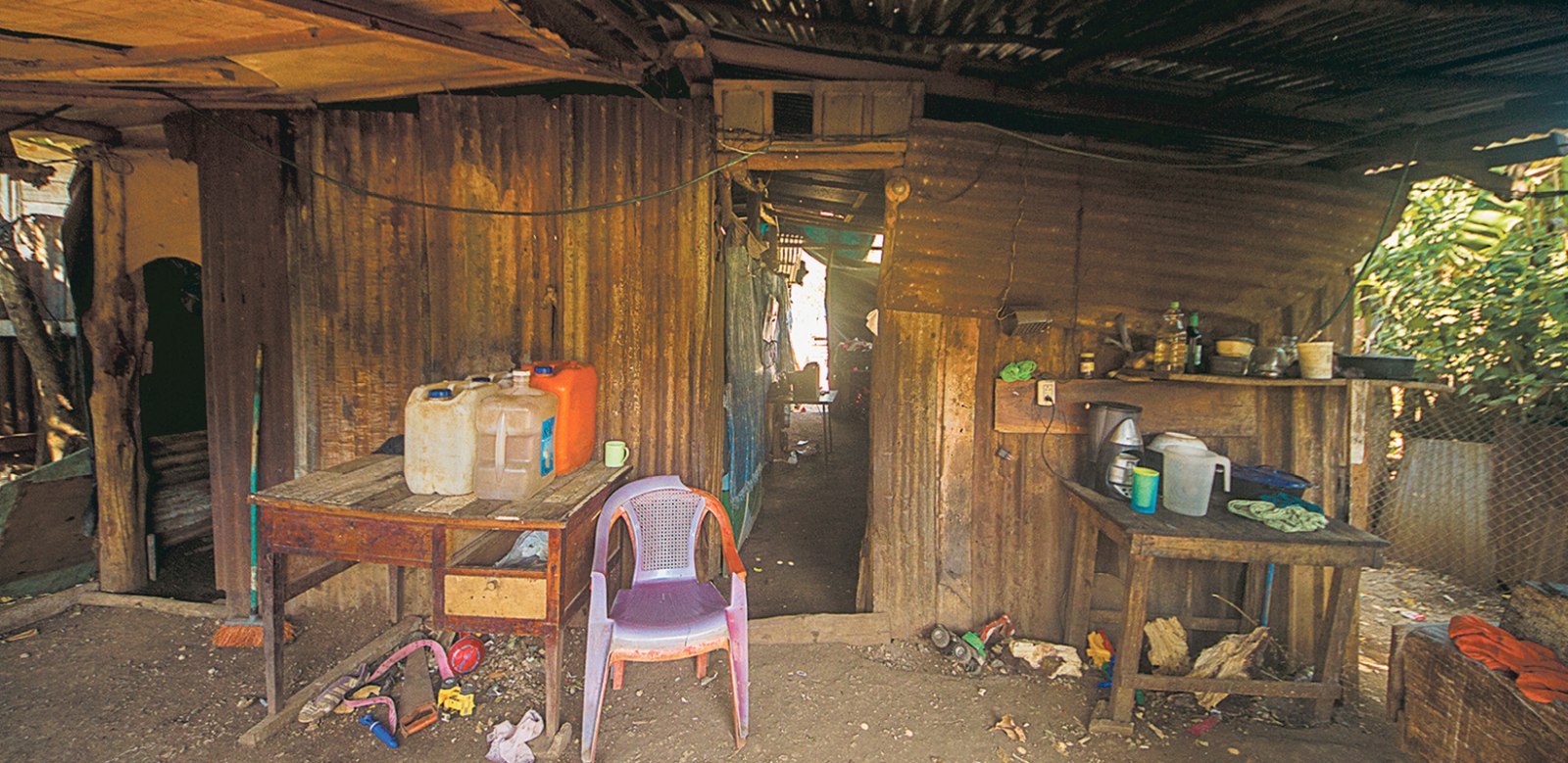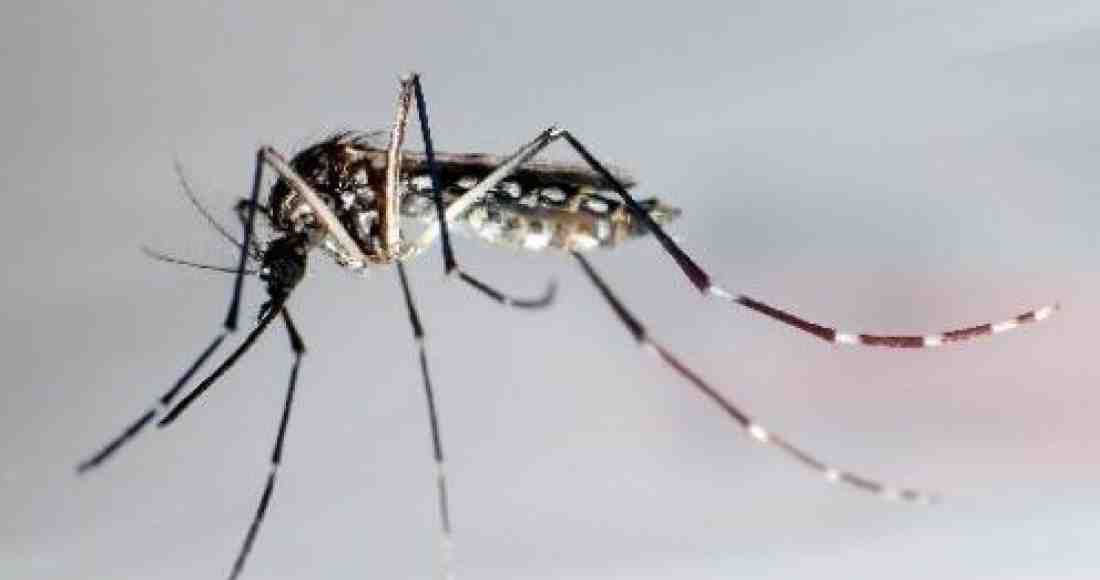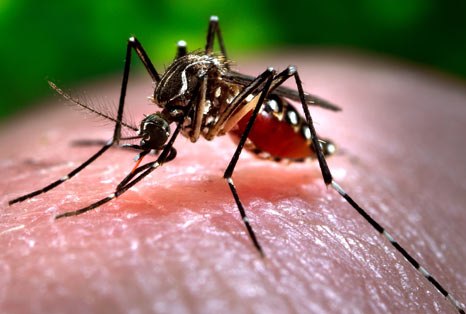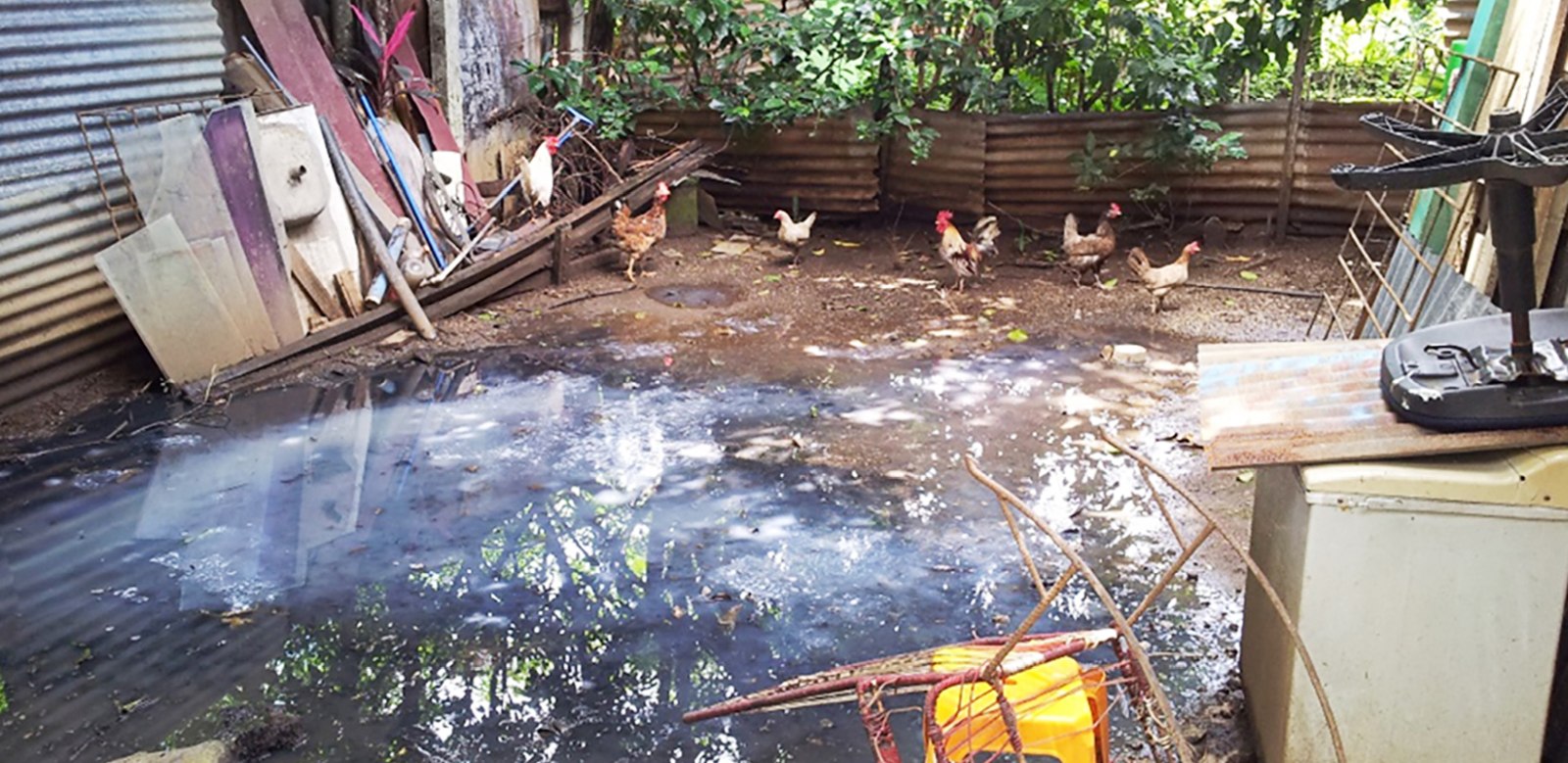
Priority is a subjective concept, what is a priority for me is not necessarily one for my neighbor. It is related to ideology and the sociocultural environment of each individual, but the factor that has the greatest influence on priorities is the economic one. Everything depends on how much money I have to prioritize my needs. This disparity between what is a priority for some and not for others has been the ace up dengue’s sleeve: the card that always wins.
Without a doubt, it can’t be denied that the main cause of illnesses transmitted by the mosquito Aedes aegypti, such as dengue, chikungunya and zika, is our lack of preventative measures: creating breeding sites, not protecting ourselves with repellants and not covering openings in our homes. But is this a priority for Guanacastecans?
In 2015, more than 12,500 cases of dengue were reported in the country, of which 80% came from the Central Pacific (Puntarenas) and Chorotega (Guanacaste) regions.
And although the data has shown a continual increase since 2013, for many people the effective prevention of these illnesses is still not a day-to-day priority. According to a study by a group of researchers at the State Distance University (Universidad Estatal a Distancia), for which 800 Nicoyans in vulnerable situations were interviewed, it was shown that dengue is just one more problem in their lives, outranked by poverty, drug addiction or domestic violence.
Rather than singling out one segment of the population, the study reflects a stark reality: many people prefer to buy food for their children, to try not to have their electricity cut, or better yet, to scrape together enough money to be able to pay the rent for the home where they live, than to put screens on their home or buy repellant.
But if the war against the mosquito doesn’t become a priority, there will not be interest in learning more, generating the much-dreaded lack of awareness. Did you know that the larvae can mature in clean water? Or that their eggs can survive in dust for up to a year and a half?
For those who have pets, extra effort is needed. Bowls with water left behind by pets are more than common and they are the perfect place for the mosquito egg to incubate.
Are we being effective in communicating the importance of prevention in these cases? Not at all. If we continue to believe that just by cleaning up neighborhoods, fumigating or recycling, we are going to win this fight, we will be fighting for many years to come. But if we accept that the real fight is against poverty; that it’s investing in the local economy to generate stable, well-paying jobs; that it’s helping single mothers earn a daily living every day without having to choose between “bread or repellant,” we could achieve once and for all that we would not have to live with mosquitoes in Costa Rica.
Health is no small matter. Placing it at the top of everyone’s priorities should be a national priority. Mosquito-borne illnesses do not just cause sickness to those who are bitten; they also kill. The opportunity and treatment costs generated by so many sick people make an effective fight against these mosquitoes and their breeding sites an obligatory priority for everyone.







Comments